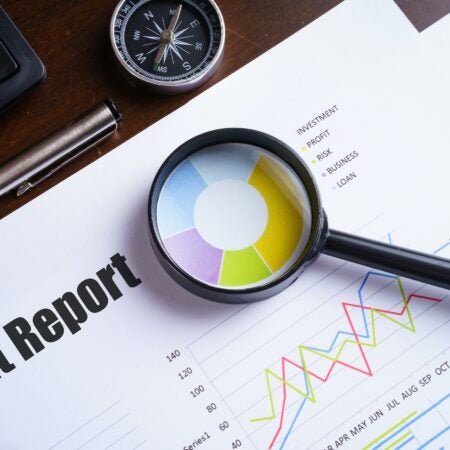
Like everyone, you’ve probably got a lot of financial issues on your plate at the same time. Coping with ever-increasing rents, the escalating costs of cell phone or cable TV coverage, plus other financial burdens can cause us to overlook some of our bills – or make it simply impossible to cover everything at once.
Neglecting our financial obligations, however, can be very dangerous to our credit, as even a small unpaid medical bill or a half-forgotten credit card account can turn into a financial time bomb if it goes into default.
It’s even more risky if you’ve missed car payments or, as was frequently the case following the financial downturn of 2008, missed or even stopped making your mortgage payments.
Paying on Time
Creditors expect to be paid in a timely fashion, and most accounts, from your monthly credit card statement to a bill from a medical clinic, all outline the necessary timeline for repayment.
Many have a grace period if you’ve neglected to pay after 30 days – often that’s a simple mistake on your part – but if you let debt linger more than 60 days without making a payment or calling to try to make other arrangements, your loan or account can go to default. Standards for being “severely delinquent” on a loan vary, but 60 days can push you into the danger zone.
Depending on the creditor, this can have an alarming range of results, not to mention a serious impact on your credit report.
If you’ve missed several credit card payments in a row, banks and big box stores will often raise your annual percentage rate to the maximum rate, and leave you with that rate until you’ve made regular payments for an extended period.
Fail to pay your card at all and you may head into default, at which point a credit card is likely to turn the amount over to a collection agency, from whom you will start to receive letters and eventually multiple calls per day.
That’s a major headache, not to mention the fact that your default will likely be reported to the three major credit bureaus – TransUnion, Equifax and Experian – and will create a gigantic strike on your credit score, one that’s not easy to remove except over time.
Shut Down Because of Late Payments
The same goes for a missed (or ignored) medical bill or even multiple missed utility or cell phone or cable bills; not only will they cut off your phone or internet service, but your account may also be sent to collections and reported as being in default.
More critical are missed car payments, rent payments, or even mortgage payments. Neglect to make your car payment for several months in a row and, more than a ding on your credit report, you may get a midnight visit from the repo man. Neglect to pay your rent and you might receive an eviction notice, and find it very difficult to rent properties in the future.
You’ve seen what impact a default can have. Now, is it time to fix my credit? We can help. And you can carry on the conversation on our social media platforms. Like and follow us on Facebook and leave us a tweet on Twitter.
Questions about credit repair?
Chat with an expert: 1-800-255-0263






